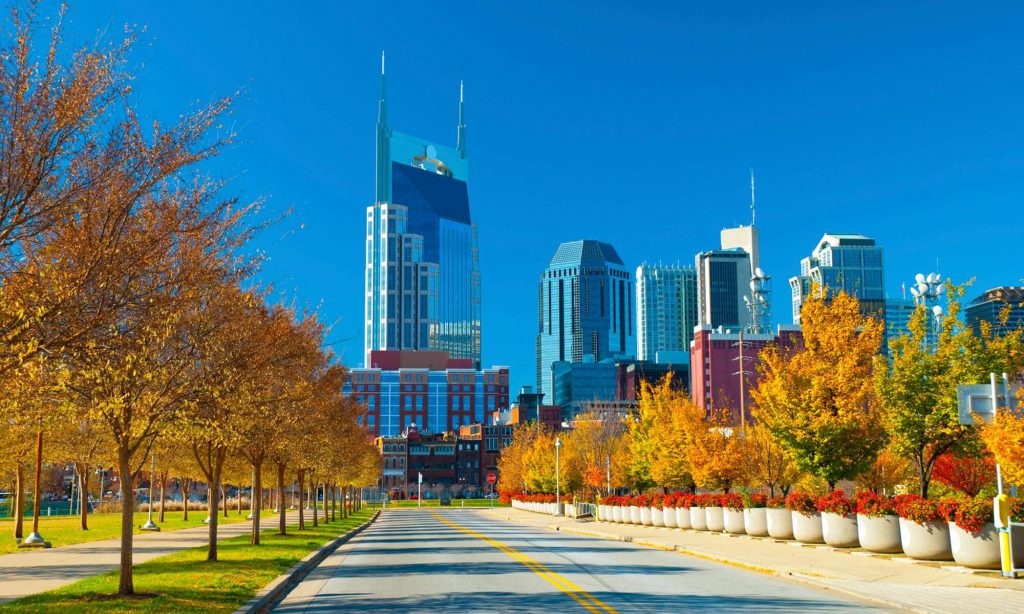Are you considering moving to Tennessee?
Tennessee is the 36th largest and 16th most populous state among 50 states. Here are the top 10 best places to work and live with family in Tennessee. In this post, the population, median house value, median household income, and unemployment rate are taken into consideration along with the crime rate.
These are the best places to live in Tennessee according to USNews based on crime, education, job, housing, and things to do.
8. Collierville, Tennessee
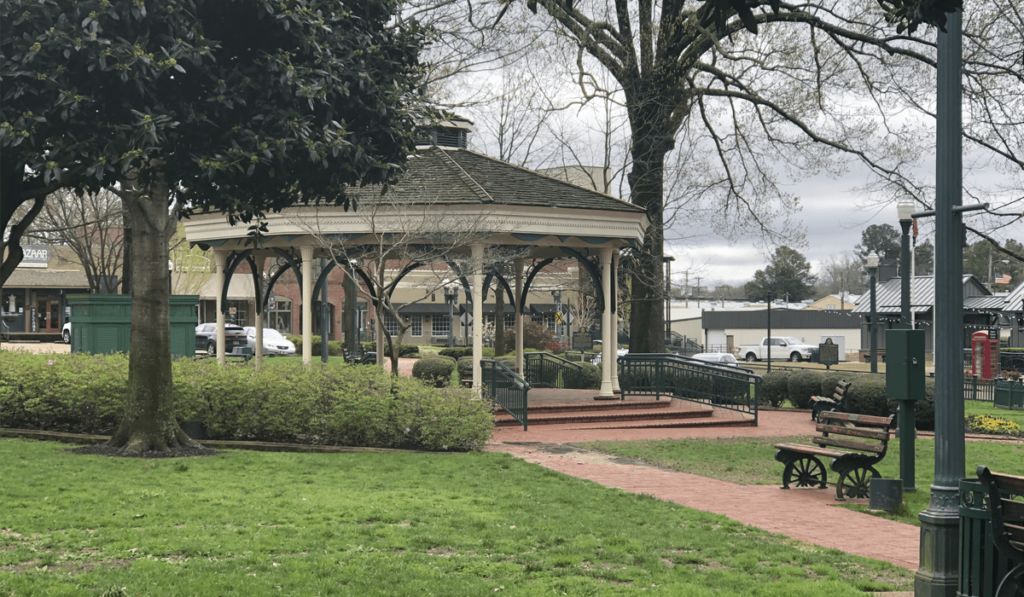
Population: 52,147 Residents
Median Home Value: $478,016
Crime Rate: 9/ per 100,000 people
Collierville is the second oldest city in Shelby County. The city started as a settlement in the 1830s. The name Collierville comes from Jesse R. Collier, who sold tracts of land which were later incorporated in 1850 to become “Collierville”. The city has kept to its historic roots by preserving the Historic Town Square in downtown Collierville. Rightfully, this square is a source of pride for the city.
Families take home a staggering $110,084 on average, and when you take the cost of living into account, you can’t really help but marvel at the affordable life in the state of Tennessee as a whole. Homes fetch at an attractive $272,800, which is just about the cost of a gorgeous three-bedroom mansion – nestled in one of the state’s most desirable areas, lest you forget.
The Economy in Collierville, Tennessee
Collierville, Tennessee has an unemployment rate of 3.4%. The US average is 6.0%. Collierville, Tennessee has seen the job market increase by 2.1% over the last year. Future job growth over the next ten years is predicted to be 41.7%, which is higher than the US average of 33.5%.
Tax Rates for Collierville, Tennessee
The Sales Tax Rate for Collierville is 9.8%. The US average is 7.3%.
The Income Tax Rate for Collierville is 0.0%. The US average is 4.6%.
Income and Salaries for Collierville, Tennessee
The average income of a Collierville resident is $41,346 a year. The US average is $28,555 a year according to BestPlaces.
Things to Do in Collierville, Tennessee
Collierville Historic Town Square
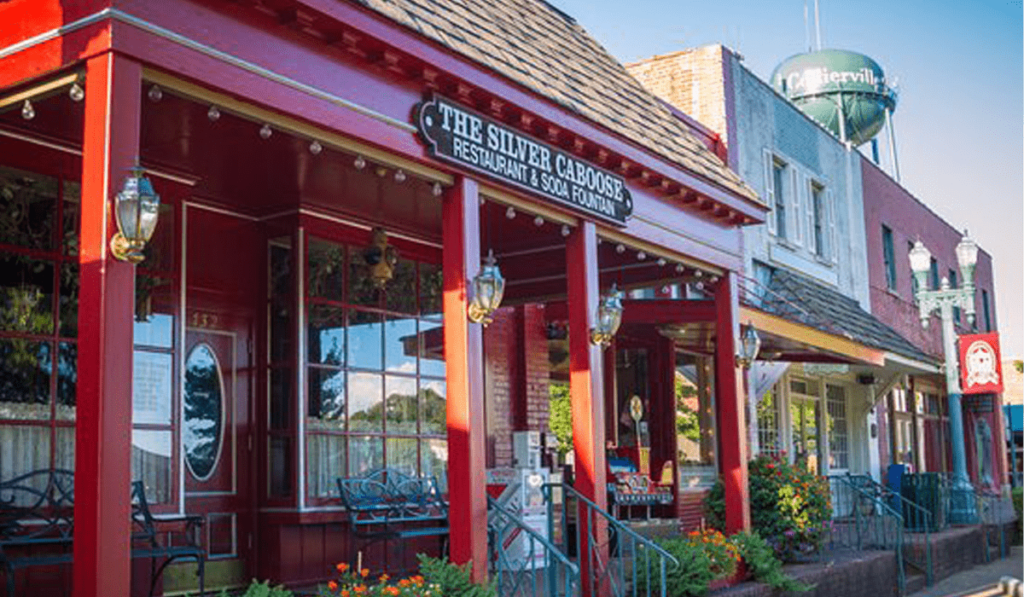
Shop, dine, and relax in Collierville Historic Town Square. The square offers both locals and visitors a chance to sample some of the finest products the town has to offer in terms of dining, shopping, and relaxation. With a superfluity of shops, and restaurants, it is a great escape for those who wish to find out the unique things Collierville has to offer, and for those in need of relaxation from the hustle of the city, the square has the shade, the greenery and the fresh air you need to calm your mind, body, and soul.
Funquest Bowling
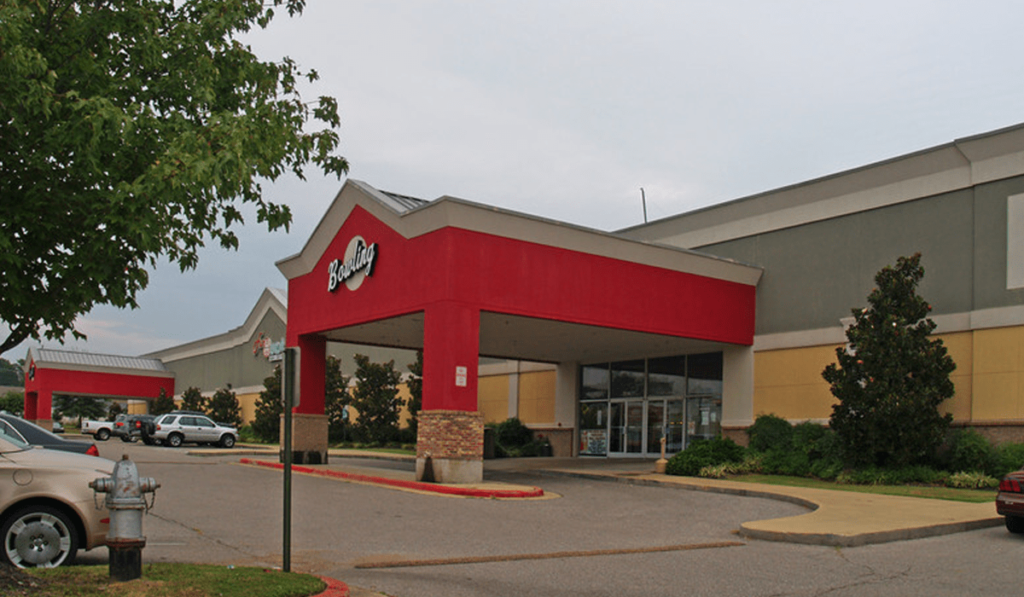
Would you like to know of a place where you can spend the night, where no one will get bored? Well, don’t think about visiting pubs or parks at night when you can simply go to Funquest Bowling and let everyone have fun. Funquest Bowling allows for fun and healthy bowling, ideal for persons of all ages, and skill levels. Additionally, the place also has skating facilities and party venues. Saturday nights are the ideal time to visit because it is when everyone shows up and the place comes alive with lots of happy souls seeking to have fun nights.
Herb Parsons Lake
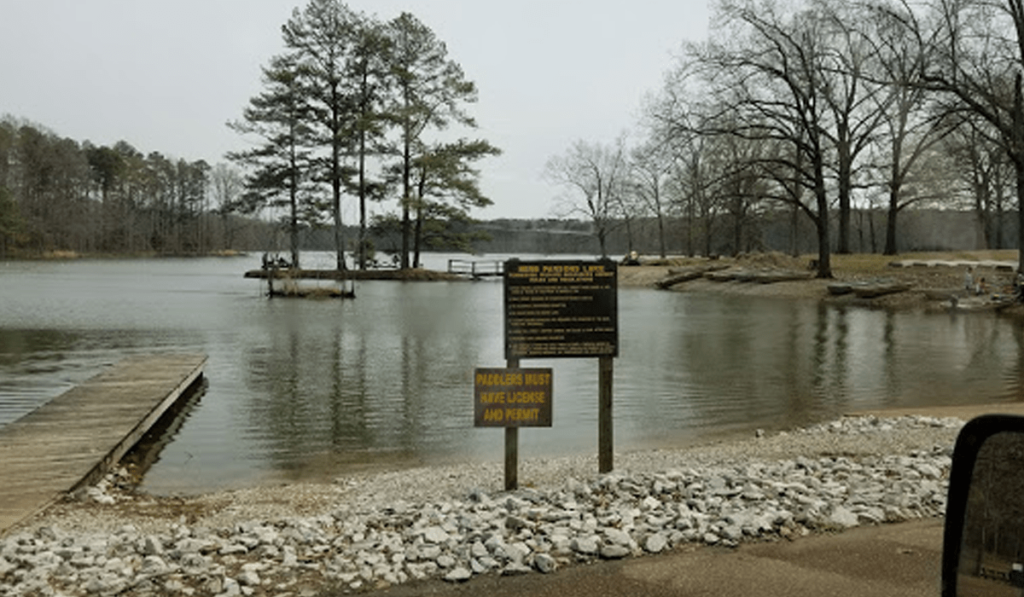
If you are passionate about fishing, then a trip to Herb Parsons Lake will be highly recommended when visiting or moving to Collierville, Tennessee. The lake is a reservoir but it also allows for recreational uses with fishing being one of the major activities. It is open every day of the week, except for Wednesdays, and they provide daily and annual fishing permits as well as necessary gear such as fishing reels and rods, live baits, fishing tackle, frozen baits, and friendly advice to anyone who may need it. Since it opens at sunrise and closes at sunset, it comes with wonderful opportunities to spend an entire day just fishing and relaxing.
The Bible Museum
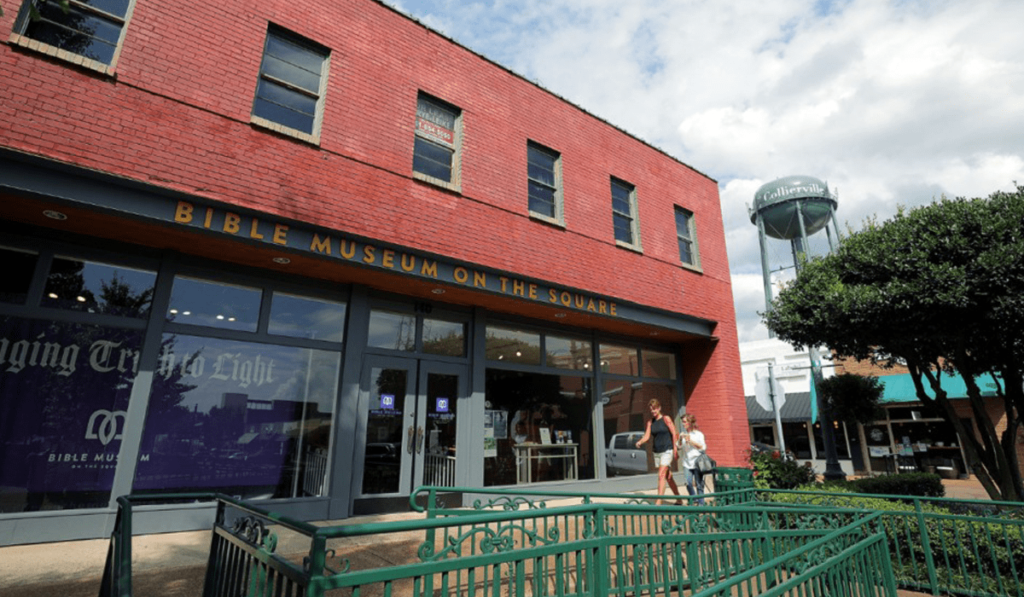
The Bible Museum is one of the leading attractions on Collierville’s historic town square, and it’s a place where history buffs obsessed with religion should never fail to visit. The museum opened its doors to the public in 1997, and it contains an envious collection of exact full-sized replicas of a variety of major archeological discoveries obtained from the Bible lands. Visiting the museum will evoke a sense of awe and wonder about certain biblical narratives, and it will help inspire confidence in the bible as well as in the authenticity of the scriptures.
7. Germantown, Tennessee
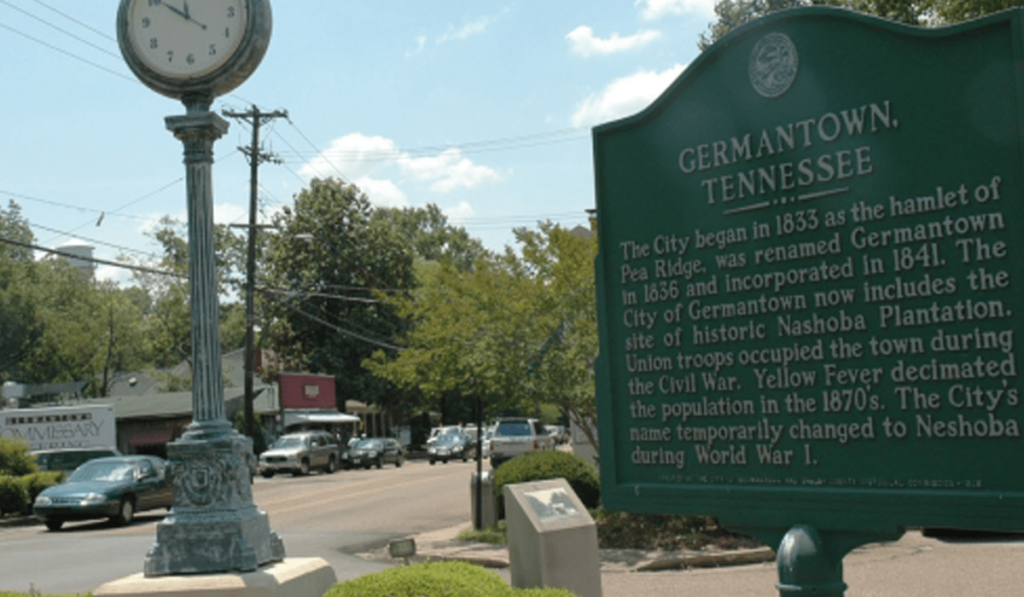
Population: 39,447 Residents
Median Home Value: $467,712
Crime Rate: 9/ per 100,000 people
Another constant feature of many best places to live in Tennessee is Germantown should be the first place you look if you are planning to live in the Memphis area.
The schools in Germantown have the strongest rating among the school districts out near the city, yet close enough for multiple ideal spots for a date night.
The Economy in Germantown, Tennessee
Germantown, Tennessee has an unemployment rate of 3.4%. The US average is 6.0%. Germantown, Tennessee has seen the job market increase by 2.1% over the last year. Future job growth over the next ten years is predicted to be 39.5%, which is higher than the US average of 33.5%.
Tax Rates for Germantown, Tennessee
-The Sales Tax Rate for Germantown is 9.8%. The US average is 7.3%.
-The Income Tax Rate for Germantown is 0.0%. The US average is 4.6%.
Income and Salaries for Germantown, Tennessee
The average income of a Germantown resident is $52,763 a year. The US average is $28,555 a year according to BestPlaces.
Things to Do in Germantown, Tennessee
Oaklawn Garden
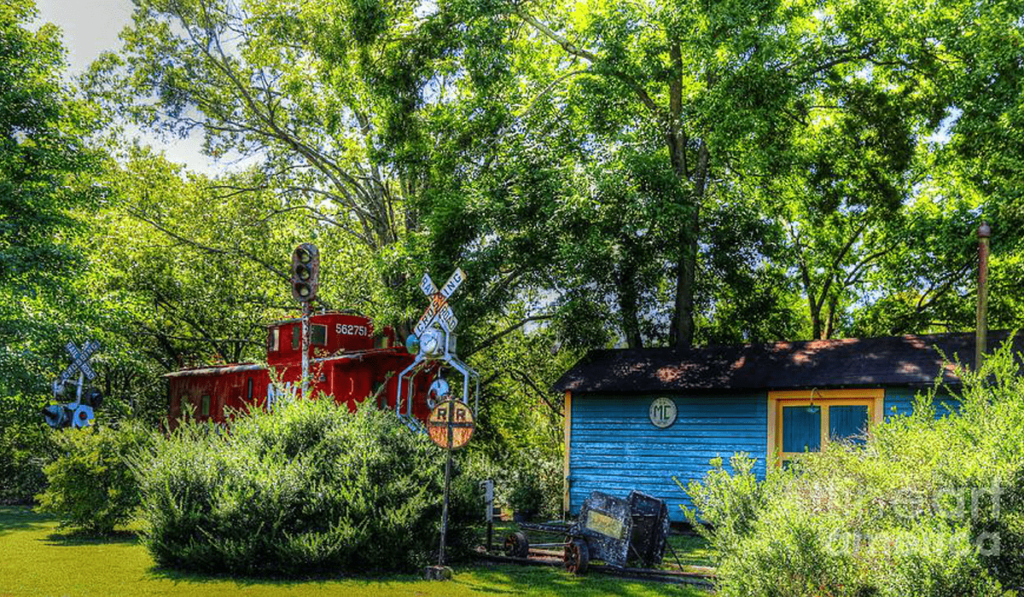
Painted across six acres, discover the lush greenery that makes up the beautiful gardens of Oaklawn Garden. People of all ages and interests will delight in the carpets of yellow daffodils, the brilliant pinks and reds of the blooming azaleas, and the spring colors of blossoming dogwoods. Watch the Master Gardeners as they care for these beautiful plants and shrubs and ask them questions you have about your own gardens. Oaklawn Garden promises a wonderful afternoon any time of the year, but it is most impressive during the spring explosion of color, the first two weeks of April.
Germantown Performing Arts Center
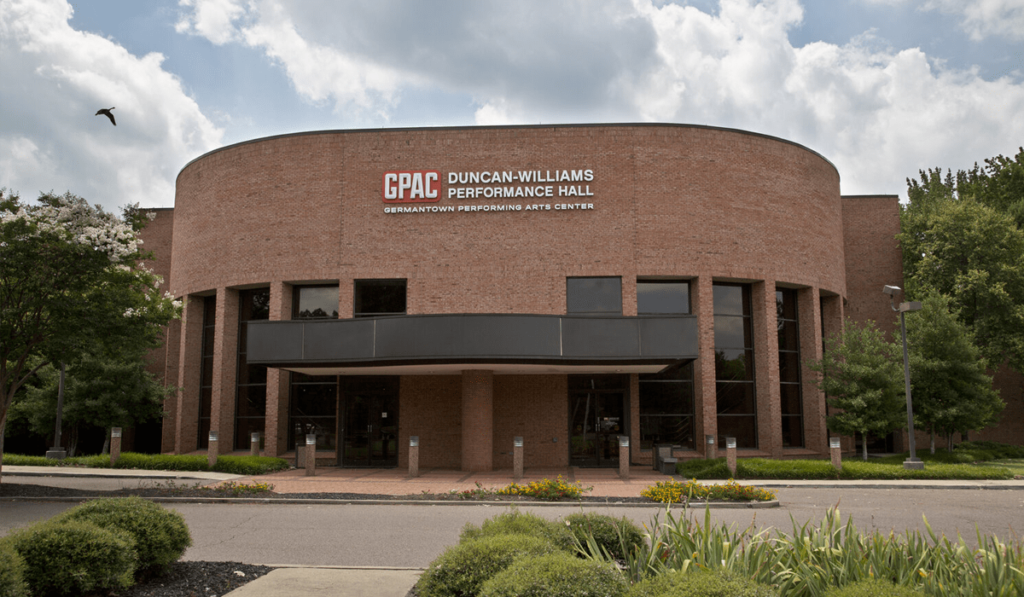
Germantown Performing Arts Center is an 800-plus seat performing arts venue that plays home to every imaginable performance, from full-scale ballet productions to symphony orchestras to jazz bands. The area’s finest performing arts companies, including the Memphis Opera, Memphis Symphony Orchestra, and the Germantown Symphony rehearse and perform here, as does the excellent New Ballet Ensemble.
6. Franklin, Tennessee
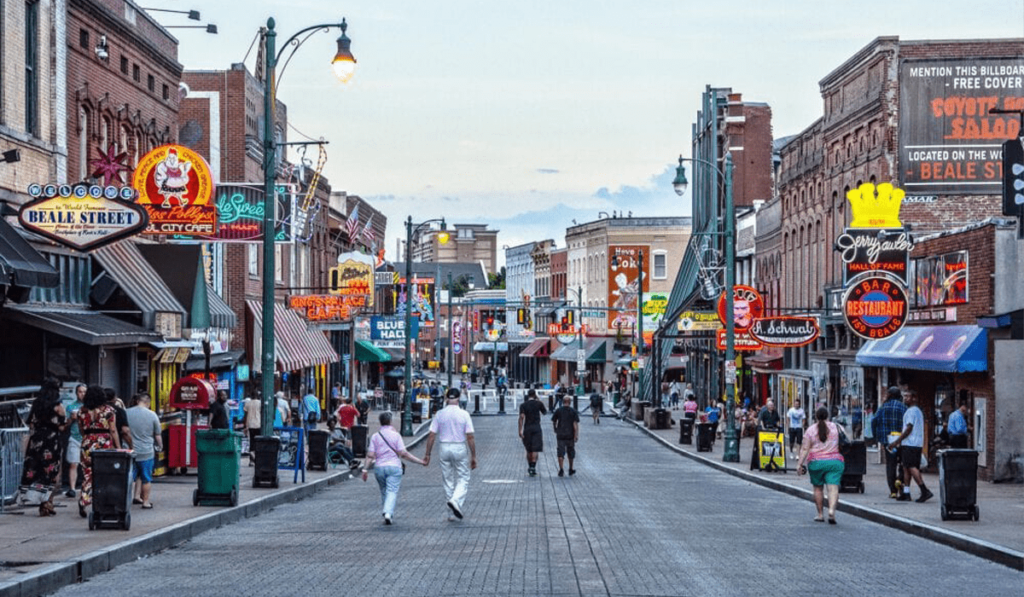
Population: 89,307 Residents
Median Home Value: $809,463
Crime Rate: 11/ per 100,000 people
Franklin, a town also located in the desirable Williamson County that is home to 68,500 residents.
Franklin also provides a glimpse of American history through its intense historic sites relating to the Civil War, with a much-loved downtown. With over 200 eateries to choose from, you won’t find as many restaurants bunched together in a single location in Tennessee as you will in Franklin.
The area has been recognized nationally for its fabulous schools and an abundance of nice community opportunities.
The Economy in Franklin, Tennessee
Franklin, Tennessee has an unemployment rate of 3.1%. The US average is 6.0%. Franklin, Tennessee has seen the job market increase by 2.4% over the last year. Future job growth over the next ten years is predicted to be 53.4%, which is higher than the US average of 33.5%.
Tax Rates for Franklin, Tennessee
-The Sales Tax Rate for Franklin is 9.3%. The US average is 7.3%.
-The Income Tax Rate for Franklin is 0.0%. The US average is 4.6%.
Income and Salaries for Franklin, Tennessee
-The average income of a Franklin resident is $40,447 a year. The US average is $28,555 a year according to BestPlaces.
Things to Do in Franklin, Tennessee
Downtown Franklin
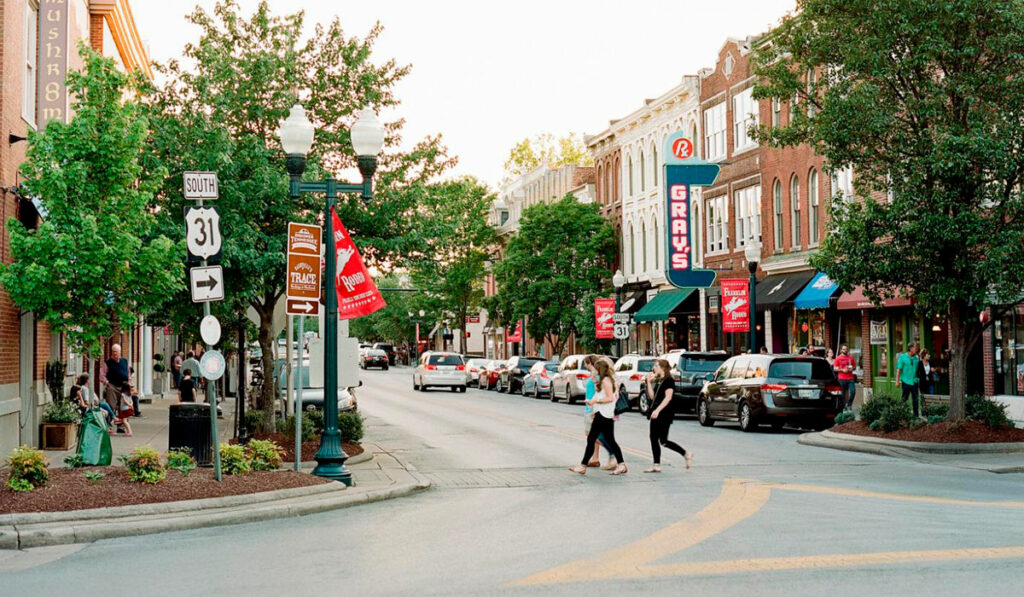
Downtown Franklin is a 16-block district filled with antique shops, fashion boutiques, art galleries, historic homes, performance venues, and award-winning restaurants. The Downtown Franklin Association, a non-profit organization, manages the district, and they are tasked with preserving and promoting the attractions like the Carnton Plantation, the Carter House, the Lotz House, the McConnell House, and the Franklin Theatre.
The Downtown Franklin Association is also responsible for overseeing the area’s popular festivals. The Mainstreet Brewfest, Main Street Festival, Tour of Homes, and Pumpkinfest are among the yearly celebrations that residents of Franklin as well as visitors enjoy.
Lotz House Museum
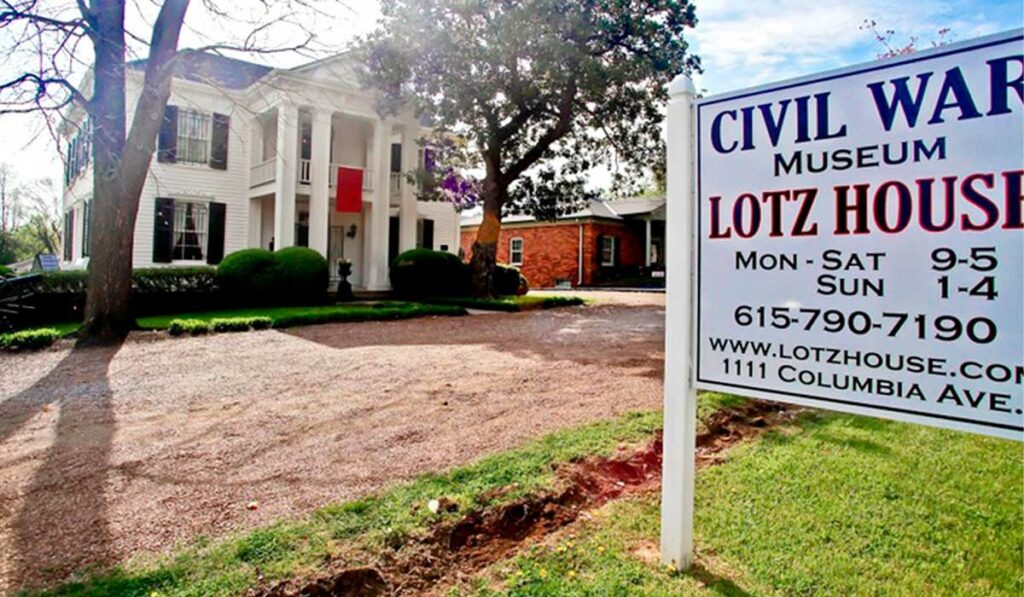
The Lotz House Museum showcases the creativity and talent of Johann Albert Lotz, a classically trained woodworker from Germany who immigrated to Franklin in the mid-1800s. Known for his exquisite ability as a carpenter and piano maker, Lotz converted his home into a showroom for his most prized creations. He also used his skills to create beautiful furniture that still stands in the home today.
In addition to the history of the Lotz family, the museum covers Civil War events in and around Franklin. The museum is open six days a week for tours. Tours are also available on Sundays, but they must be scheduled in advance. Admission is free for children under the age of six.
Carnton Plantation
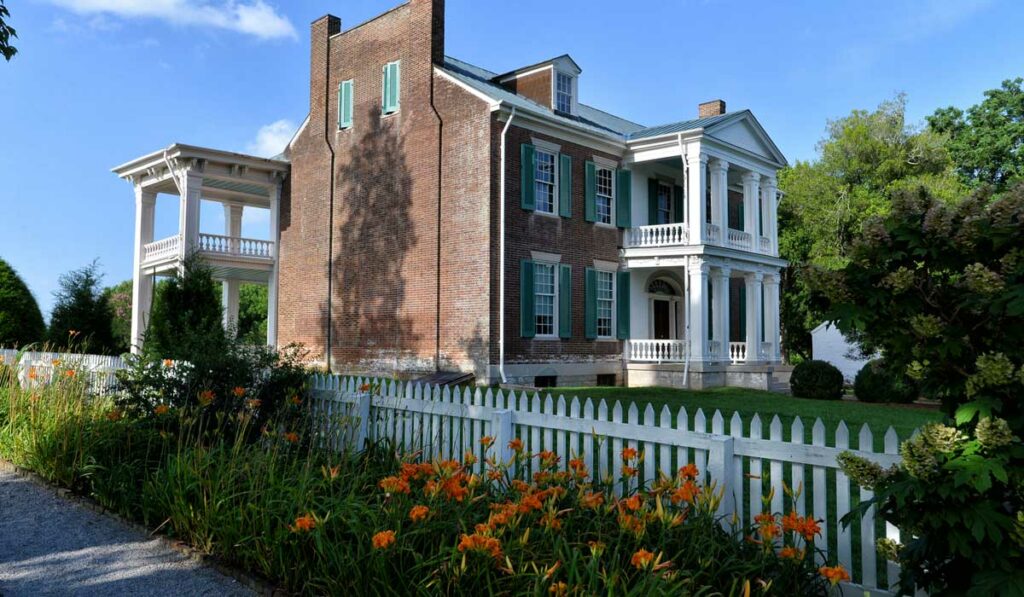
The Carnton Plantation dates back to 1826, and Nashville mayor Randal McGavock built the sprawling home. The home has a rich history because of its proximity to the site of the Battle of Franklin, a five-hour fight that ended with nearly 10,000 men being killed, injured, or missing. The Carnton Plantation became the largest field hospital for Confederate troops in the area. At one point, four Confederate generals were laid down on the back porch of the home.
Their bloodstains are visible on the front porch to this day. Additionally, 1,500 Confederate soldiers are buried in a cemetery that sits adjacent to the home. Today, visitors can take an hour-long guided tour of the Carnton Plantation, the grounds, and its outbuildings. Some tours stop by the Carter Home, another historical house that sits about a mile away from the Carnton Plantation.
Franklin Farmers Market
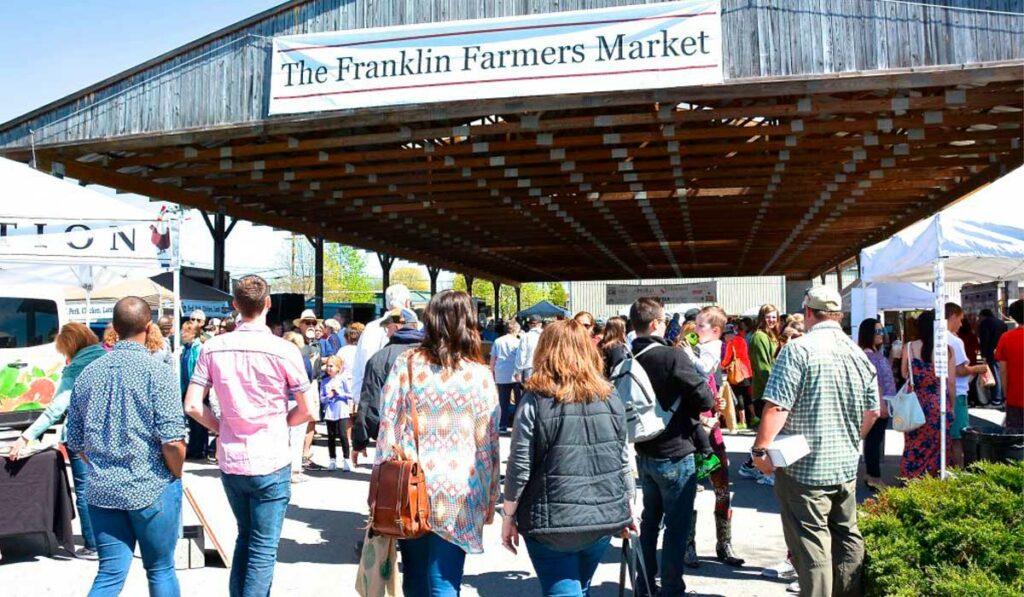
In 2002, eight local farmers who made it their mission to preserve Tennessee’s rich farmlands established the Franklin Farmers Market. The market now sells products and goods from nearly 80 farmers in and around Franklin.
Thousands of locals and visitors frequent the year-round market. Aside from farm-fresh produce, meats, and eggs, vendors sell baked goods and handmade pieces of pottery, furniture, and jewelry. The Franklin Farmers Market also runs a large volunteer program that organizes special events and festivals throughout the year. The market is open to the public every Saturday from 8 AM to 1 PM.
5. Brentwood, Tennessee
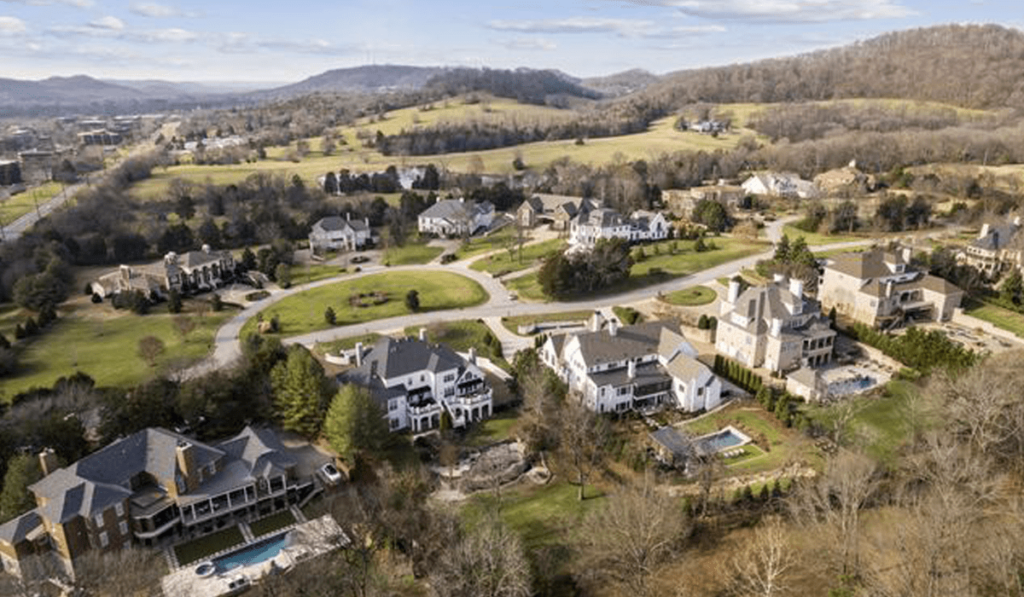
Population: 43,431 Residents
Median Home Value: $1,132,541
Crime Rate: 7/ per 100,000 people
Brentwood is one of the most reputable addresses in The Volunteer State. The affluent suburb is renowned for its verdure and rolling hills. If you know any country music stars and athletes who live or own a home in Tennessee, there is a big chance they live here.
With 13 parks in the area, including Smith Park which boasts over 400 acres of open fields, and plenty of walking trails, it promises an awful lot on the outdoor activity scene.
Brentwood, however, boasts one of the highest costs of living in the entire state, with home prices ($506,300) dwarfing those in most other towns. But many argue that the neighborhood does deliver plenty of bang for the buck, with the added bonus being its proximity to the Nashville International Airport.
The Economy in Brentwood, Tennessee
Brentwood, Tennessee has an unemployment rate of 3.2%. The US average is 6.0%. Brentwood, Tennessee has seen the job market increase by 2.4% over the last year. Future job growth over the next ten years is predicted to be 50.7%, which is higher than the US average of 33.5%.
Tax Rates for Brentwood, Tennessee
-The Sales Tax Rate for Brentwood is 9.3%. The US average is 7.3%.
-The Income Tax Rate for Brentwood is 0.0%. The US average is 4.6%.
Income and Salaries for Brentwood, Tennessee
-The average income of a Brentwood resident is $58,745 a year. The US average is $28,555 a year according to BestPlaces.
Things to Do in Brentwood, Tennessee
Brentwood Library
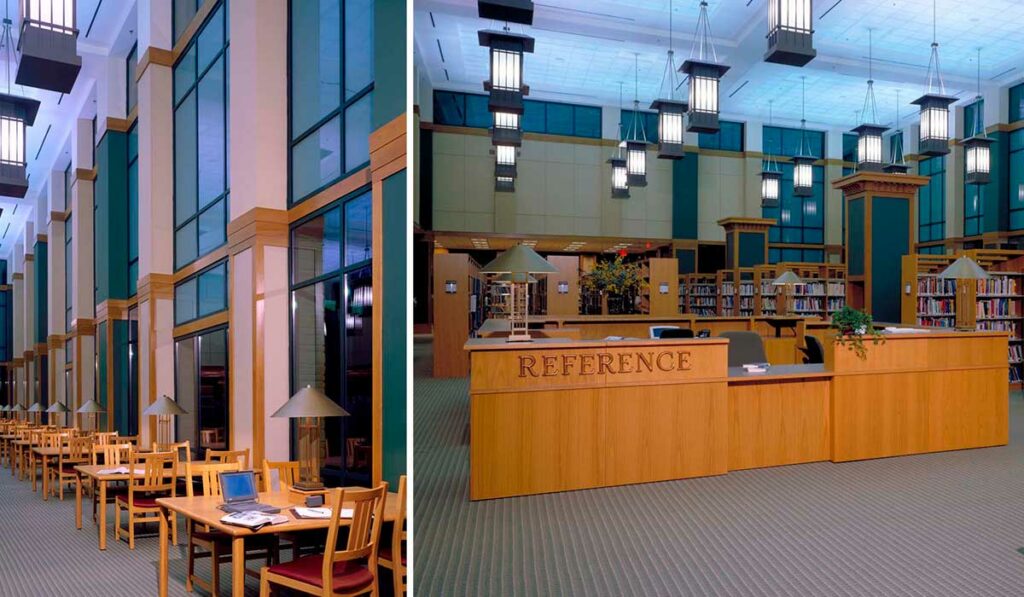
With access to more than 350,000 books, and a wide range of other items such as music CDs and DVDs as well as ebooks, audiobooks, periodicals, and newspapers, there’s a lot to learn in Brentwood Library. A vast space is also available for community activities and meetings of local clubs.
The Reading Room, which has comfortable sitting behind stained-glass panels with newspapers and magazines from all over the world, is ideal for senior people who like reading.
Owl’s Hill Nature Sanctuary
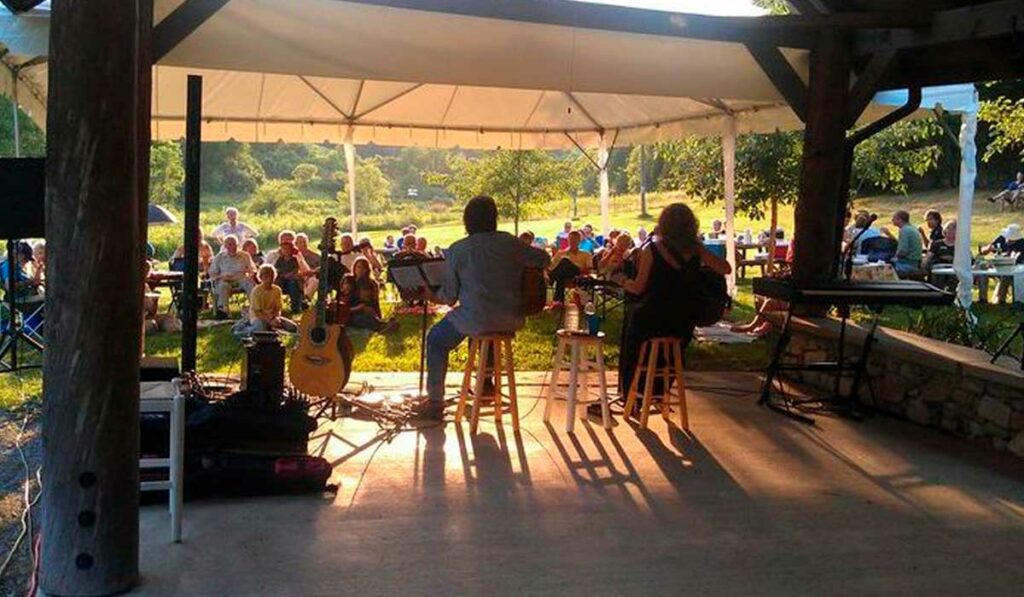
They spotted a Great Horned Owl calling from the ridge shortly after the Sharps finished the house. In honor of the owl, they named their farm Owl’s Hill Farm. The Owl’s Hill Nature Sanctuary presently protects over 2,000 native plant and animal species on over 300 acres.
It protects almost 2,000 kinds of native plants and animals that live in our 300-acre nature sanctuary’s hills, woodlands, rivers, ponds, and meadows. People of all ages are welcome to enjoy the outdoors, learn about Tennessee wildlife, and experience nature.
Historic Primm Park
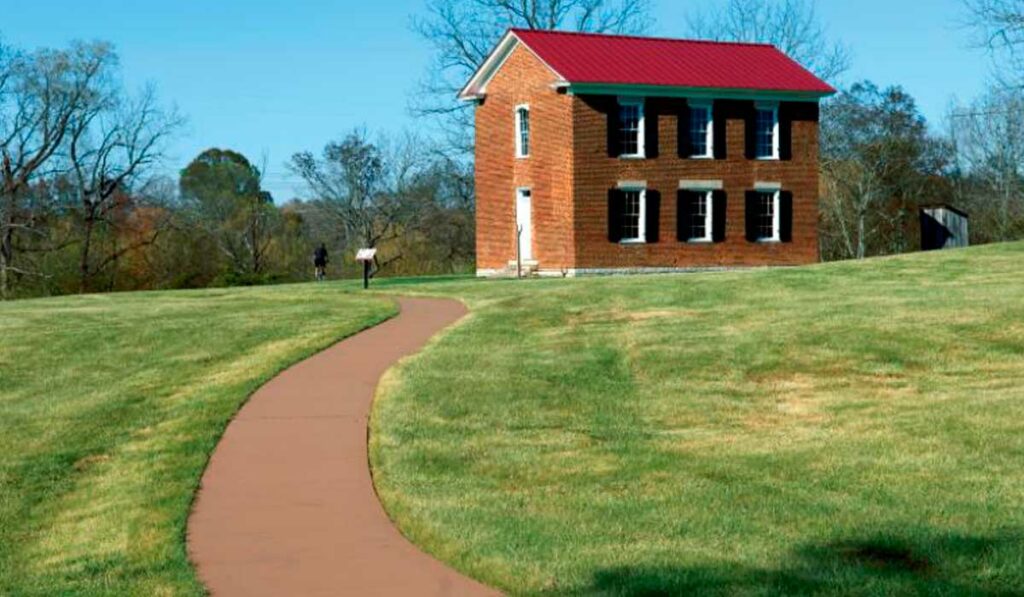
Historic Primm Park is a 31-acre park that houses the five ceremonial mounds made by the Mound Builders, the last Native Americans to dwell in the area. The chief of the tribe was likely to have lived in the mound that is visible today.
The mounds serve as archeological sites, and some of the artifacts are now under the care of the Smithsonian. The park is also home to Boiling Spring Academy, a private school founded in 1833, and has two classrooms.
4. Memphis, Tennessee
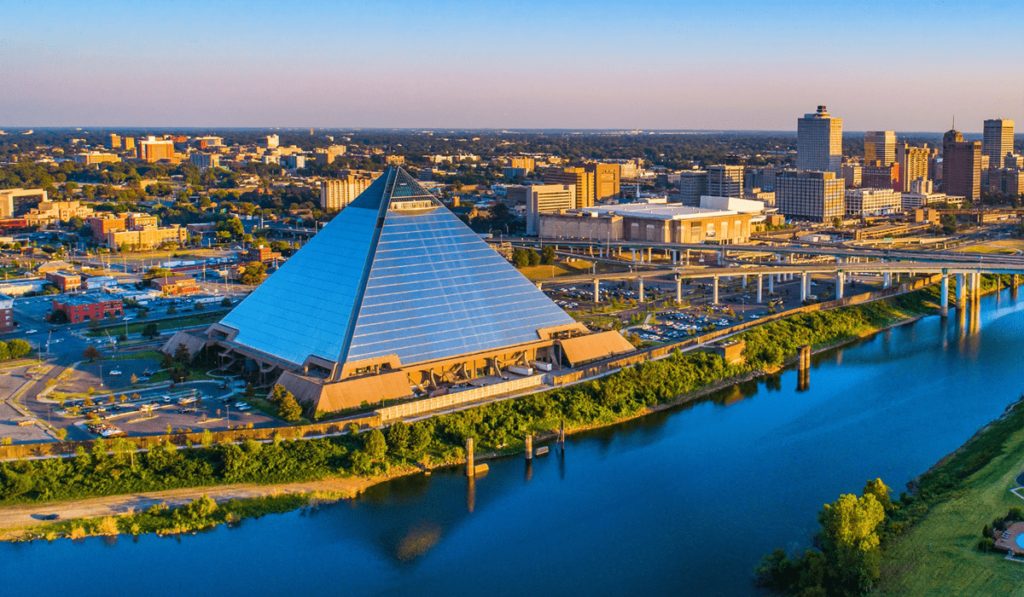
Population: 650,980 Residents
Median Home Value: $146,276
Crime Rate: 85/ per 100,000 people
Set in the Mississippi Delta, Memphis, Tennessee is a metro area where the energy of urban living melds with the slow rhythms of the rural South. Marked by historic districts, Mississippi River views, and memorials to cultural legends like Elvis Presley and Dr. Martin Luther King, JrEvery corner of Memphis permeates with the culture of the Deep South.
Venues celebrating the history, the arts, and music abound in the Memphis metro area, which is known as the birthplace of rock ‘n’ roll and home of the blues. Music is a mainstay of local entertainment, from listening to a band on iconic Beale Street to seeing a show at the historic Orpheum Theater Memphis or enjoying a concert on the lawn at the Overton Park Shell amphitheater.
The Economy in Memphis, Tennessee
Memphis, Tennessee has an unemployment rate of 8.0%. The US average is 6.0%. Memphis, Tennessee has seen the job market increase by 2.1% over the last year. Future job growth over the next ten years is predicted to be 36.6%, which is higher than the US average of 33.5%.
Tax Rates for Memphis, Tennessee
-The Sales Tax Rate for Memphis is 9.3%. The US average is 7.3%.
-The Income Tax Rate for Memphis is 0.0%. The US average is 4.6%.
Income and Salaries for Memphis, Tennessee-The average income of a Memphis resident is $21,909 a year. The US average is $28,555 a year according to BestPlaces.
Things to Do in Memphis, Tennessee
Beale Street
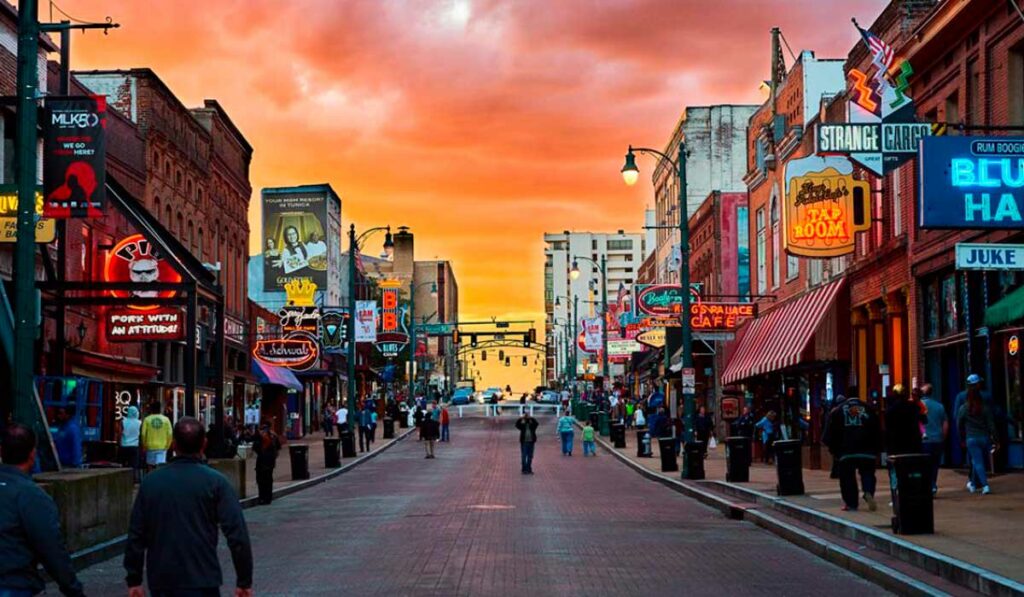
Beale Street is a historic street that runs for about two miles from East Street to the Mississippi River and is one of the top Memphis attractions. Covering an area of 27 acres, the street is a major tourist attraction because of its many restaurants and blues clubs as well as its outdoor concerts and festivals.
Built-in 1841, Beale Street became a venue for traveling musicians in the 1860s. Between the 1920s and 1940s, many legendary blues and jazz musicians performed on Beale Street. During the 1960s, the area went into decline but was redeveloped during the 1970s and 1980s to again become a popular attraction.
Sun Studio
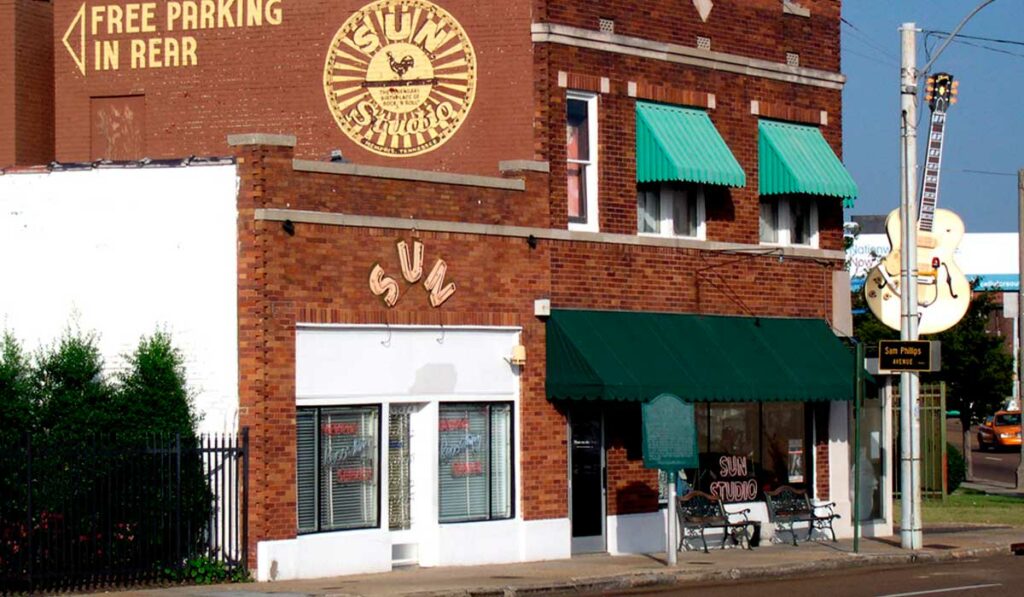
Known as the Birthplace of Rock N’ Roll, Sun Studio is a recording studio opened in 1950 by Sam Phillips. Then, in 1954, Elvis Presley took a mic and made Sun the most famous studio in the world. Sun Studio is one of the best things to do in Memphis, Tennessee.
The building of the studio, now a museum, is wonderfully preserved, and you can take a tour through the rooms where rock ‘n’ roll was born, listen to a few of the recording sessions, touch the first microphone Elvis ever used, and get a feel for the vibe of the studio that single-handedly launched the careers of Elvis Presley, Johnny Cash, B.B. King, Carl Perkins, Jerry Lee Lewis, Roy Orbison, and so many others.
Graceland
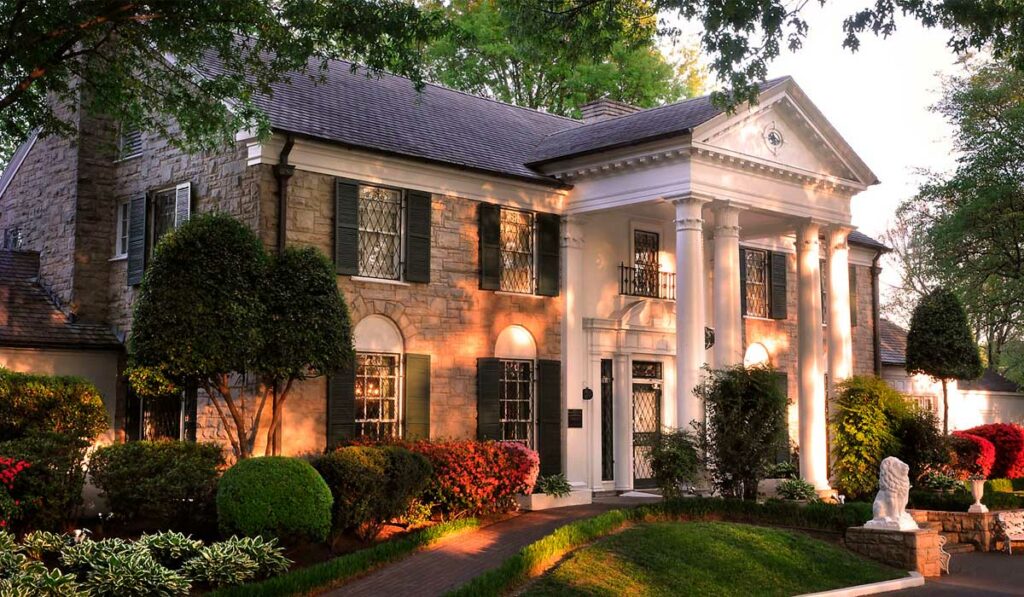
Graceland is a charming mansion constructed in the colonial revival style in which Elvis Presley, the King of Rock and Roll, lived for 20 years and in which he died in 1977. After his death, his daughter Lisa Marie opened the house to the public, and Graceland became a pilgrimage site for thousands of Elvis fans every year.
The guided tours offer a glimpse of Elvis’ private life – all rooms in which he lived are preserved and unchanged. One of the most interesting parts of the tour is the trophy building, with a collection of the King’s gold and platinum records and many memorabilia from Elvis’ career, movies, and charitable activities. Graceland hosts a range of events related to Elvis’ life, and it celebrates his birthday, Christmas, and other special occasions.
Memphis Botanic Garden
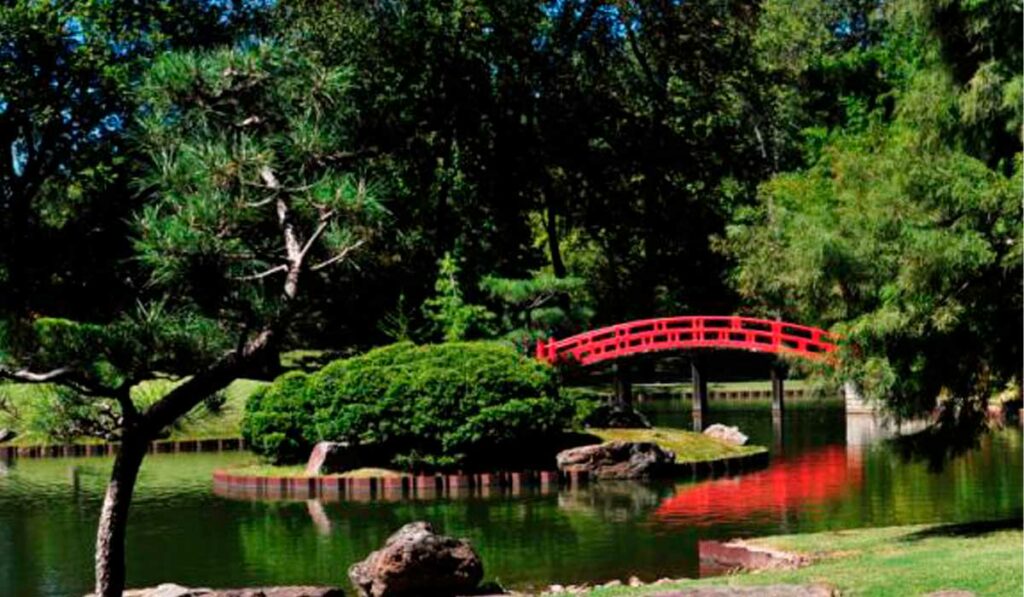
Covering an area of 96 acres in Audubon Park, the Memphis Botanic Garden features 28 different kinds of gardens such as the Anne Heard Stokes Butterfly Garden, the Blue Star Memorial Marker and Garden, and the Japanese Garden of Tranquility with its red drum bridge, and many more. One of the most popular gardens is called “My Big Backyard.”
It is a family garden where children can play, splash, dig, and enjoy spending time outdoors. The garden offers many programs for adults and for children and hosts special events like The Family Egg Hunt and the Daffodil Dash Race.
3. Chattanooga, Tennessee

Population: 185,442
Median Home Value: $263,373
Crime Rate: 50/ per 100,000 people
Chattanooga, Tennessee is a city in southeastern Tennessee, is set along the Tennessee River in the foothills of the Appalachian Mountains. Nicknamed the Scenic City, Chattanooga is known for its beautiful natural surroundings. Outdoorsy residents find no shortage of climbing, hiking loops, kayak routes, and mountain biking trails here.
The 16.1-mile Chattanooga Riverwalk, which winds along the Tennessee River through downtown, is a mild excursion. Chattanooga’s Coolidge and Renaissance parks – a combined 30 acres of public land, walkways, and sculptural art – also sit along the Tennessee River.
The Economy in Chattanooga, Tennessee
Chattanooga, Tennessee has an unemployment rate of 5.6%. The US average is 6.0%. Chattanooga has seen the job market increase by 2.8% over the last year. Future job growth over the next ten years is predicted to be 44.5%, which is higher than the US average of 33.5%.
Tax Rates for Chattanooga, Tennessee
-The Sales Tax Rate for Chattanooga is 9.3%. The US average is 7.3%.
-The Income Tax Rate for Chattanooga, Tennessee is 0.0%. The US average is 4.6%.
Income and Salaries for Chattanooga, Tennessee-The average income of a Chattanooga, Tennessee resident is $24,134 a year. The US average is $28,555 a year according to BestPlaces.
Things to Do in Chattanooga, Tennessee
Tennessee Riverpark
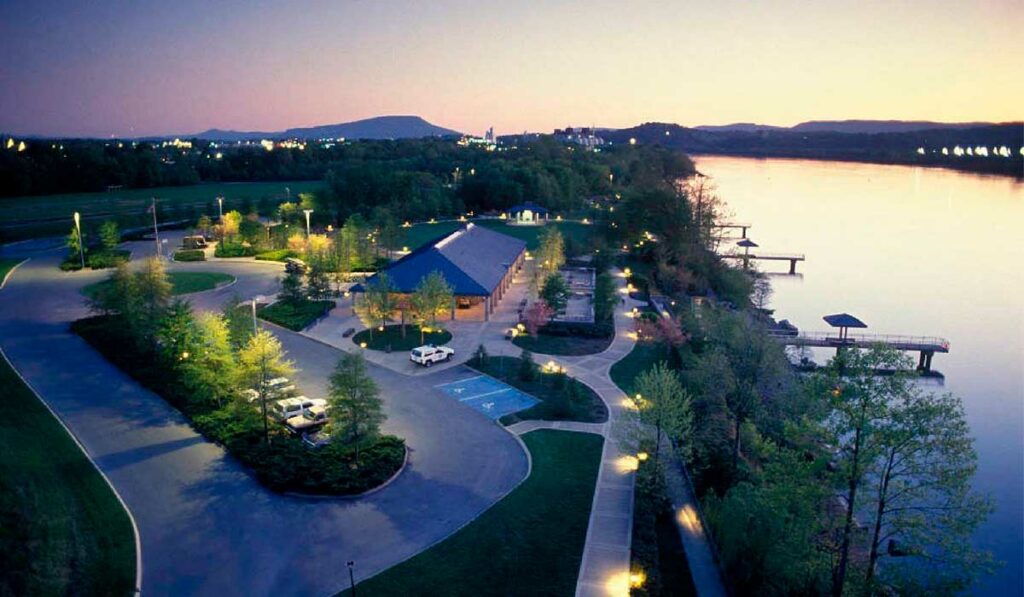
Tennessee Riverpark is one of the most popular Chattanooga parks, especially during the long hot summers. It starts at the Chickamauga Dam and winds for the next ten miles along the mighty Tennessee River until it reaches downtown Chattanooga.
It is narrow and linear, between eight and ten feet wide, and has a well-lit trail and lovely landscaped grounds. It offers endless opportunities for a number of activities, or for simply enjoying the view of the river. The park has six fishing piers for avid fishermen and a boat ramp from which to launch your boat or dip your canoe into the water.
Lookout Mountain

Lookout Mountain is a mountain ridge located along the southern border of Tennessee and one of the best things to do in Chattanooga. It offers a number of attractions that show the magnificent natural beauty of the mountain as well as spectacular views of the Chattanooga Valley.
One of the most popular attractions is Ruby Falls, one of the world’s most fascinating cave waterfalls. Ruby Falls is the deepest commercial cave in the country and the largest American underground waterfall.
Tennessee Aquarium
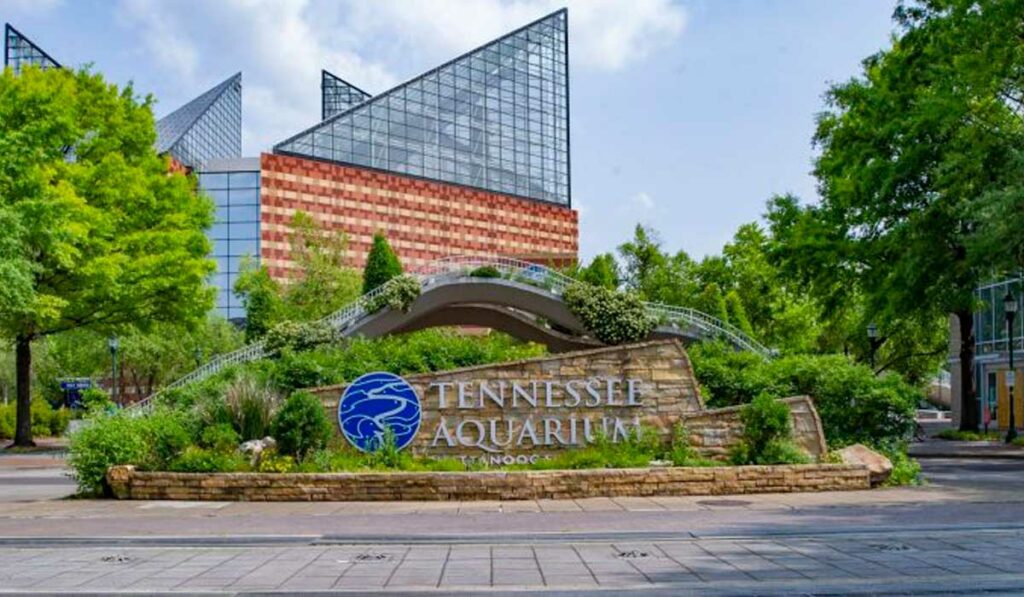
From Volkswagen-size catfish, giant freshwater stingrays, the powerful Arapaima, and bizarre-looking Wallago Catfish to the electrifying jellyfish and playful, frolicking otters, the Tennessee Aquarium is home to creatures that delight visitors of all ages, and one of the top Chattanooga attractions.
The main focus of the aquarium is above and underwater life in Tennessee, which has some of the richest freshwater fauna in the country with more than 320 fish species. Tennessee Aquarium exhibits are housed in two buildings where the visitors can follow the path of water from its mountain source to the sea. The exhibits are extremely realistic and show animals in their native habitats, some thriving and some facing the danger of extinction.
Walnut Street Bridge
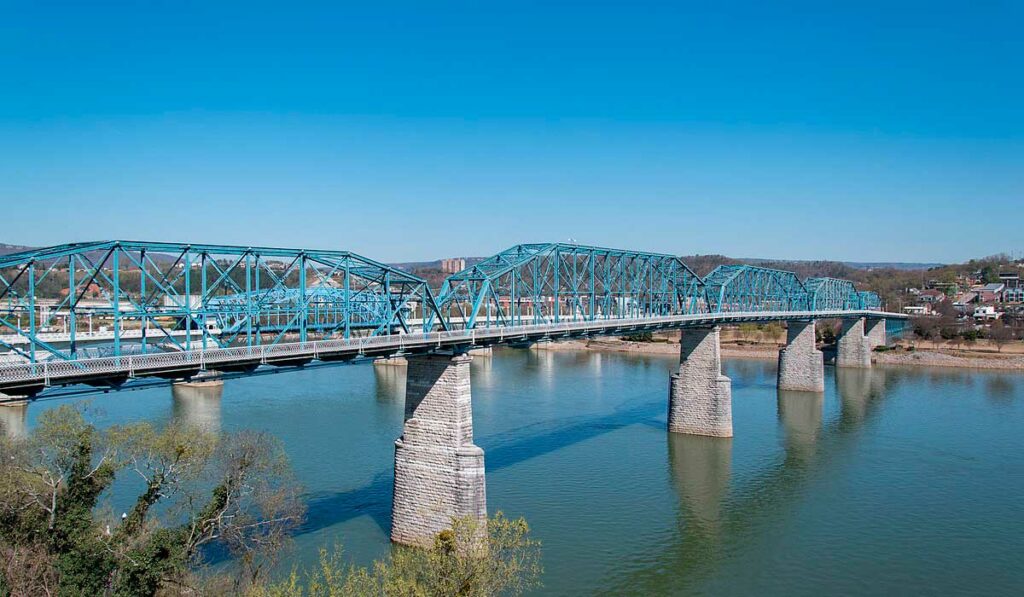
The Walnut St. Bridge, the longest pedestrian bridge in the world, connects the north shore of the Tennessee River to downtown Chattanooga. It is a favorite weekend destination for Chattanooga residents and visitors alike. Walnut Street Bridge, erected in 1890 and standing 2,376 feet high, was the first non-military bridge across the Tennessee River.
The bridge was called the “county bridge,” and at the time it was built it connected the mostly white southside city with the mostly black north side Hill City population. In 1978, the bridge was closed to all motor vehicles, and today it hosts a range of events such as Wine over Water wine tasting and the Riverbend country music festival.
2. Knoxville, Tennessee
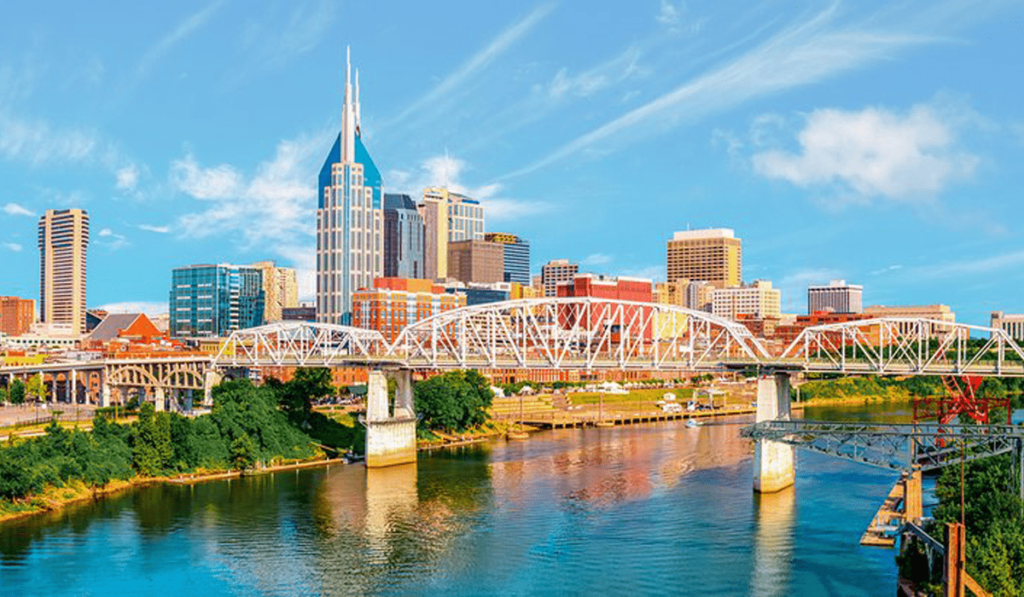
Population: 188,326 Residents
Median Home Value: $307,869
Crime Rate: 44.9/ per 100,000
Sitting on the banks of the Tennessee River, Knoxville is home to the University of Tennessee. But this city is more than just a college town. It’s a multicultural community that embraces an array of pastimes.
One of the most beneficial things about Knoxville, Tennessee is that the area offers the amenities of life in a bigger town, but residents are never too far away from peace and quiet, be it a farm or the rolling foothills of the Great Smoky Mountains.
The Economy in Knoxville, Tennessee
Knoxville, Tennessee has an unemployment rate of 4.7%. The US average is 6.0%. Knoxville, Tennessee has seen the job market increase by 0.9% over the last year. Future job growth over the next ten years is predicted to be 37.5%, which is higher than the US average of 33.5%.
Tax Rates for Knoxville, Tennessee
The Sales Tax Rate for Knoxville is 9.3%. The US average is 7.3%.
The Income Tax Rate for Knoxville is 0.0%. The US average is 4.6%.
Income and Salaries for Knoxville, TennesseeThe average income of a Knoxville resident is $23,177 a year. The US average is $28,555 a year according to BestPlaces.
Things to Do in Knoxville, Tennessee
World’s Fair Park
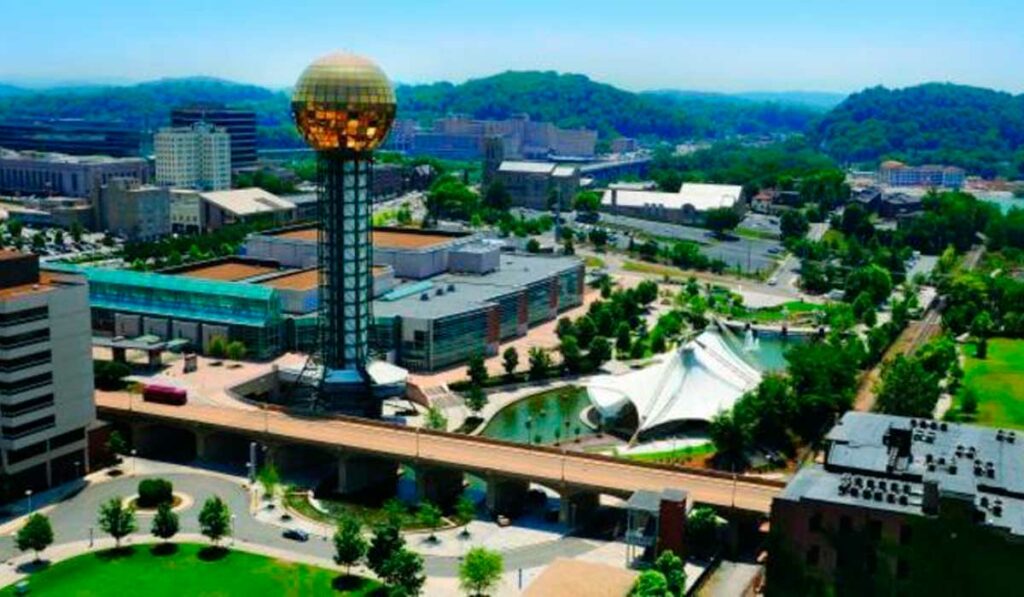
World’s Fair Park, the site of the 1982 World’s Fair, is the ideal place in Knoxville to spend time outdoors and one of the top Knoxville attractions. The park has been renovated to include beautiful lawns, walkways, and water features. The innovative fountains and geysers attract visitors looking to cool off in summer, and the manicured lawns serve as the venue for festivals and live performances year-round.
The man-made lakes and streams make for beautiful scenery while the newly renovated sun spheres observation deck provides panoramic views of the Tennessee River and Great Smokey Mountains. A stroll on one of the accessible walkways is the perfect way to observe the park’s beautiful landscaping.
East Tennessee History Center
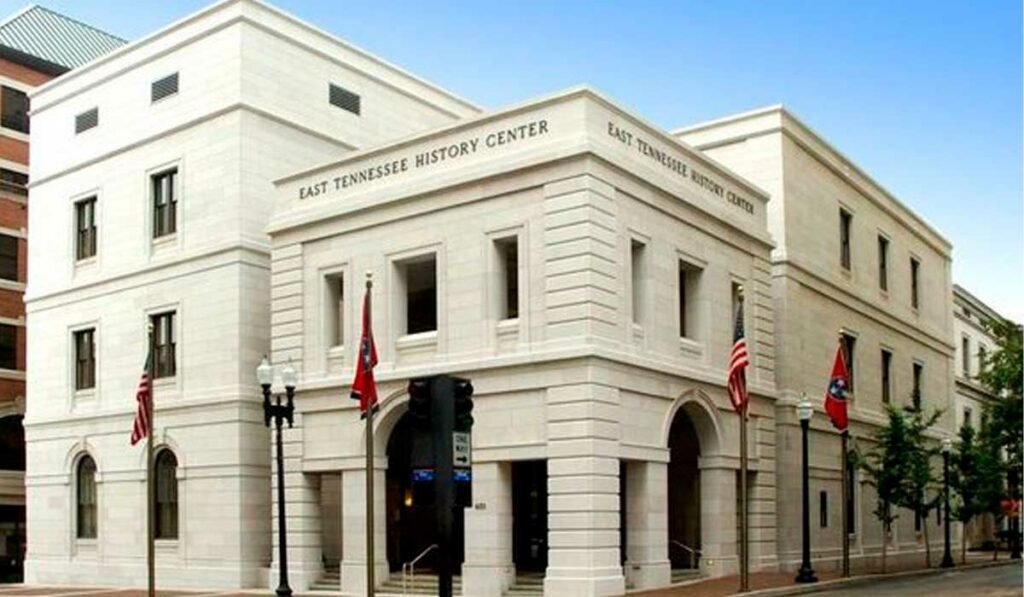
History comes alive year-round at the East Tennessee History Center where the award-winning exhibits, educational programs, and events showcase the rich history of East Tennessee. Operated by the East Tennessee Historical Society, the museum exhibits an array of artifacts and intriguing stories that compose 300 years of life in Tennessee.
Highlights of the annual events include the Blue & Gray Reunion held April-May and the East Tennessee History Fair in August.
Tennessee Theatre
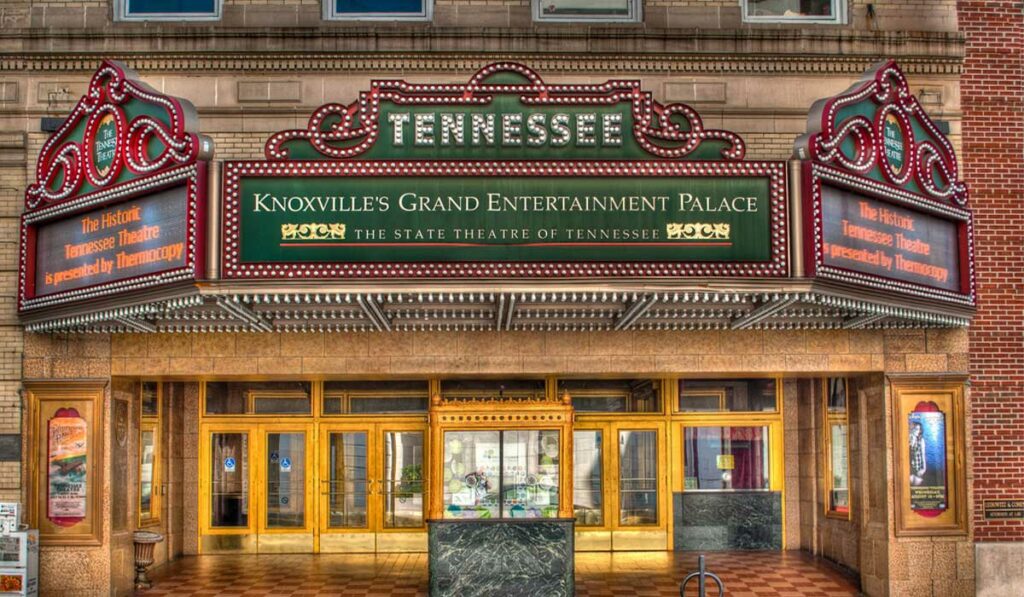
The beautiful Tennessee Theatre was meticulously restored in 2005 and today offers a bit for everyone: vintage movies, classical music concerts, Broadway shows, and rock concerts. If you are looking for romantic date ideas in Knoxville, watch a performance at the Tennessee Theatre.
The theatre is home to the Knoxville Opera and Knoxville Symphony Orchestra and is used for many special events, big parties, and even weddings. The theatre is part of the National Register of Historic Places.
Ijams Nature Center
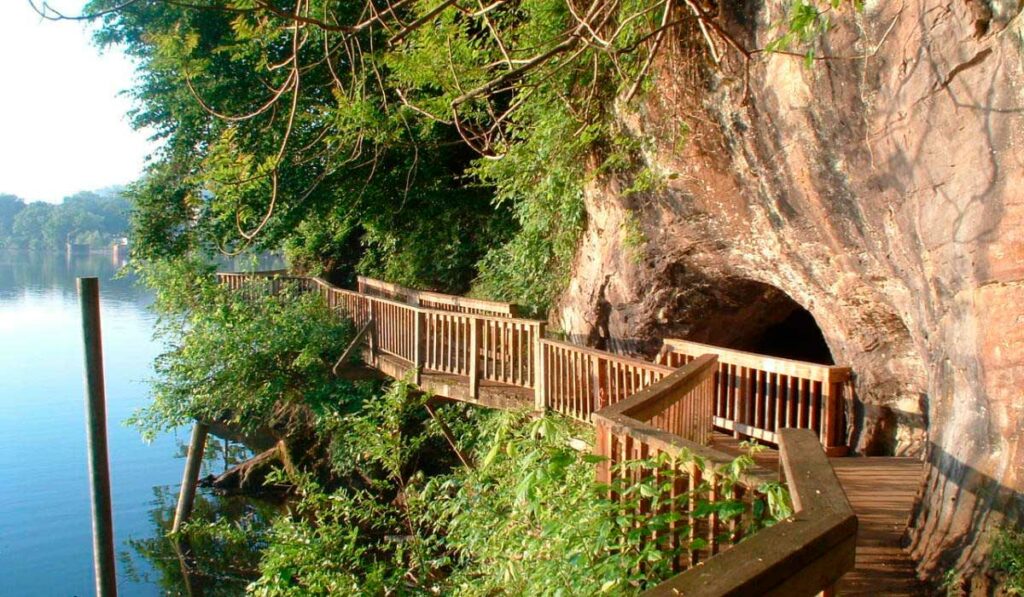
Nature lovers have been enjoying Ijams Nature Center for over a century. Developed by Harry Ijams as a bird sanctuary, the 300-acre park has grown into a leading wildlife sanctuary and environmental learning center. Visitors travel just three miles from downtown Knoxville to explore its trails, creeks, groves, boardwalk, homestead, and so much more.
Have an adventurous day in Knoxville’s only outdoor rock climbing area, take in the natural landscape on a slow canoe trip, or relax with a picnic at a scenic overlook. The award-winning attraction offers an impressive range of events and programs for adults and children alike and is one of the best things to do in Knoxville, Tennessee.
1. Nashville, Tennessee
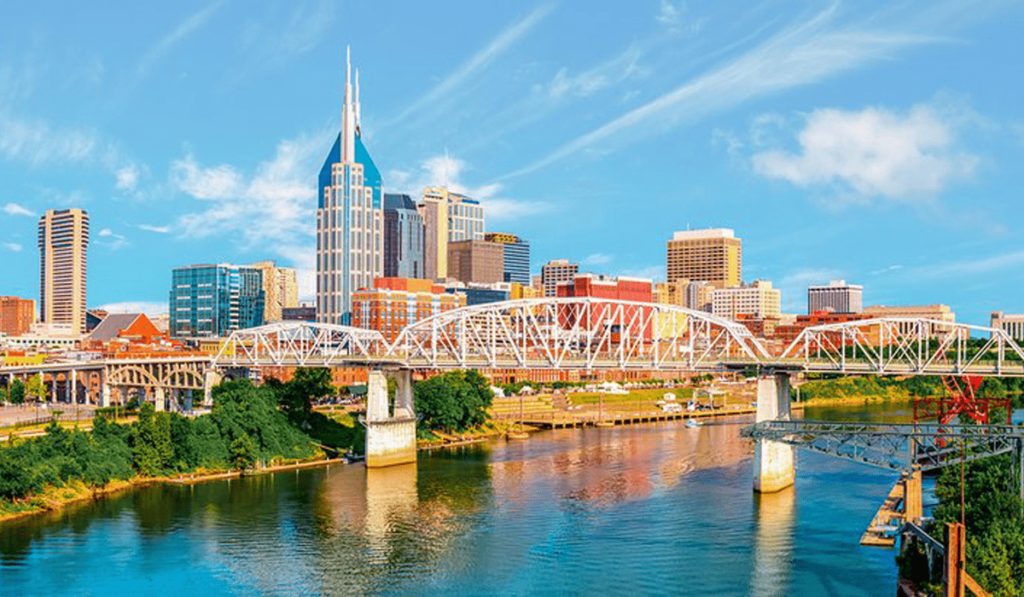
Population: 682,262 Residents
Median Home Value: $428,857
Crime Rate: 6.9/ per 100,000 people
If you’re considering moving to Nashville, you’ll be settling into a new home that has an exploding craft beer scene, some of the best (and free) live music in the country, and a rapidly growing job market.
Nashville is famous for the Grand Ole Opry, the Ryman Auditorium, aka the Mother Church of Country Music, and twangy honky-tonks. But music is just a byproduct of the larger city culture. Music City is home to a community fiercely driven by a desire to create. Ask people what they do, and it’s likely they live in the area to help build something new.
The Economy in Nashville, Tennessee
Nashville, Tennessee has an unemployment rate of 4.5%. The US average is 6.0%. Nashville, Tennessee has seen the job market increase by 2.4% over the last year. Future job growth over the next ten years is predicted to be 48.3%, which is higher than the US average of 33.5%.
Tax Rates for Nashville, TennesseeThe Sales Tax Rate for Nashville, Tennessee is 9.3%. The US average is 7.3%.
The Income Tax Rate for Nashville, Tennessee is 0.0%. The US average is 4.6% according to BestPlaces.
Things to Do in Nashville, Tennessee
Ryman Auditorium
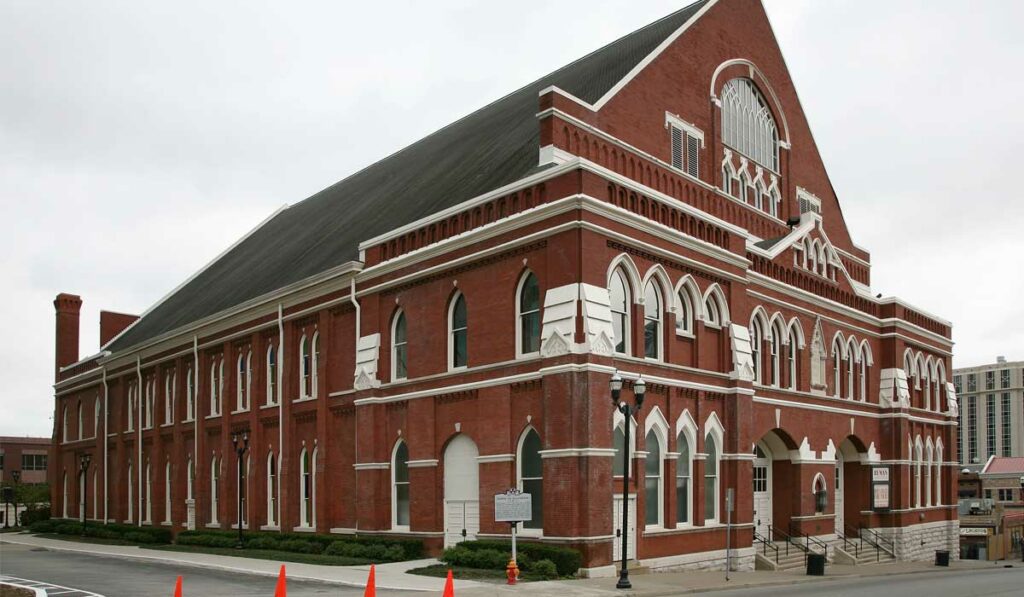
Built-in 1892 as the Union Gospel Tabernacle and later renamed the Ryman Auditorium after steamboat captain and founder Thomas G. Ryman, this historic live performance venue is located at 5th Avenue in Nashville and is one of the city’s greatest landmarks.
The venue is renowned for being the home of the famous Grand Ole Opry, which was broadcast from the auditorium from 1943 until 1974. Even when Opry moved to its new home, Opryland USA Theme Park, the Ryman Auditorium continued to attract visitors.
Nashville Farmers’ Market
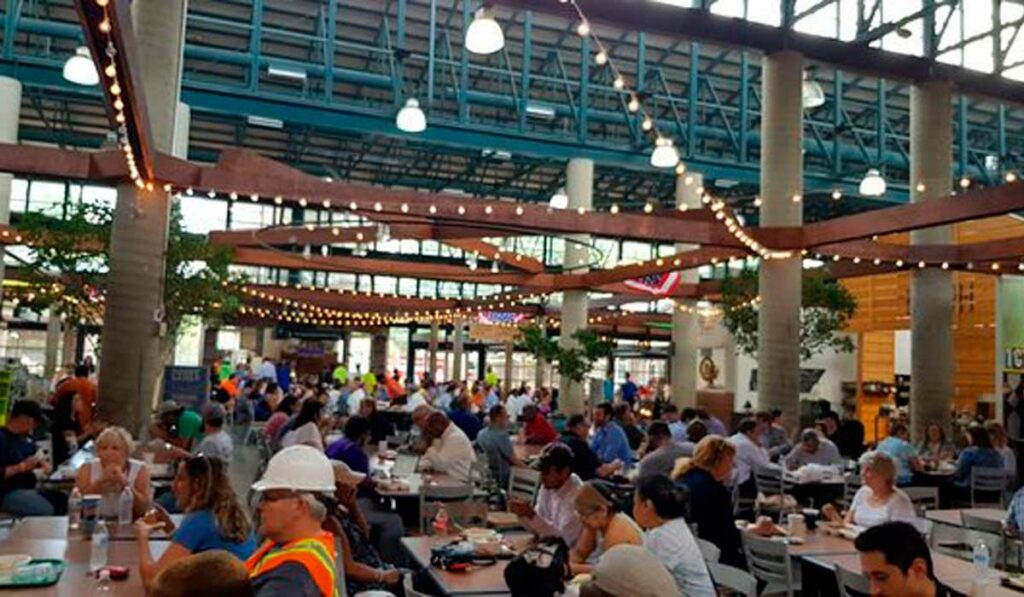
The Nashville Farmers’ Market has been a vital part of Nashville life since its inception in the early 1800s. Today, the market features homegrown, locally sourced, and sustainable products from artisans and crafters, farmers and flea merchants, restaurateurs, and shop-owners throughout the year. Two vast covered farm sheds display farm-fresh items from ranchers, dairies, cheese-makers, and vegetable farmers, with a variety of seasonal produce available according to the season.
Musicians Hall of Fame & Museum
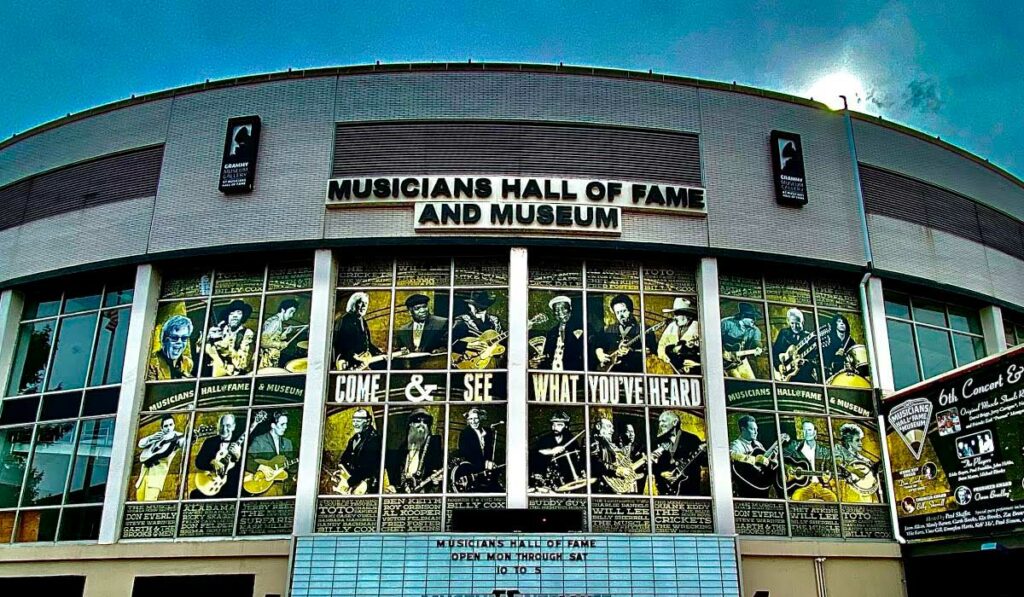
Located on the first floor of the Historic Nashville Municipal Auditorium, the Musicians Hall of Fame & Museum honors all musicians from the time that recorded music was introduced to the present day.
Artists are nominated by the American Federation of Musicians and other music industry professionals, including songwriters, singers, producers, and engineers, and are inducted into the Hall of Fame regardless of genre or instrument.
Centennial Park
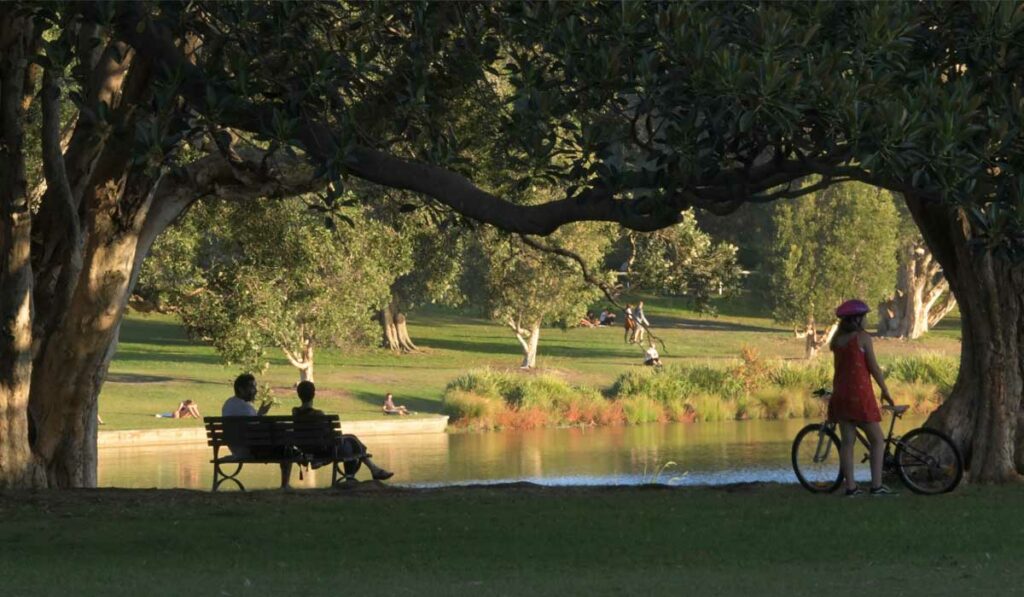
Visited by thousands of people every year who come to enjoy the beautiful landscapes, walking trails, and recreational facilities, Centennial Park is Nashville’s favorite green space. Located on West End and 25th Avenue North, the park spans 132 acres and features a fantastic array of things to see and do.
Walk or hike the attractive one-mile walking trail or head to the unique exercise trail if you want to jog or run. Explore the iconic Parthenon and other historical monuments dotted around the park, take in some local art at the Centennial Art Center, or spend a day with the kids at the art activity center.
With Real Movers, moving is simple — Whether you are moving across the country or just across state lines, we put our customers first. By integrating the latest moving technology with personalized customer service, you can expect white-glove moving services other moving companies can’t match. When you choose Real Movers as your moving company, you will enjoy a seamless and unforgettable moving experience.
"*" indicates required fields


